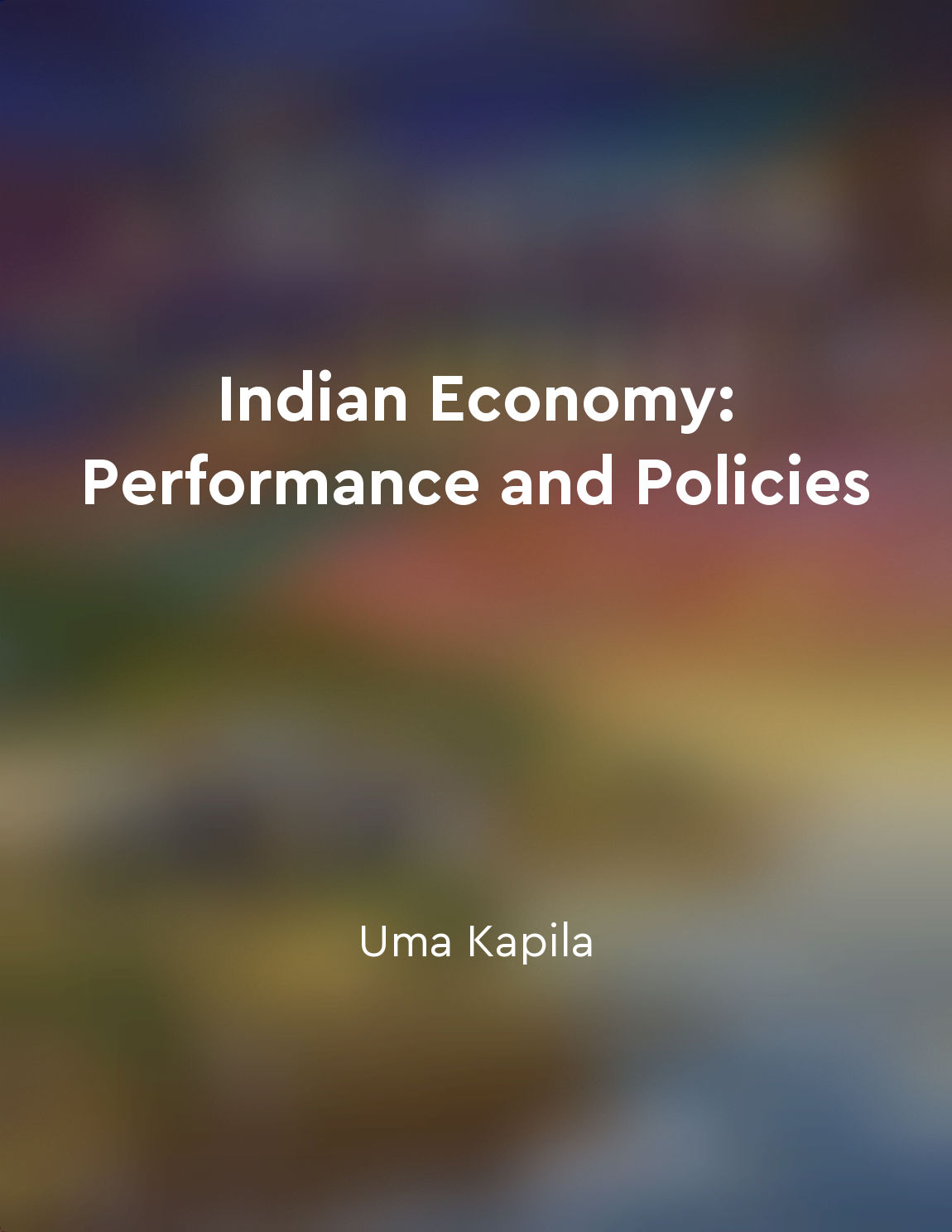Inflation and unemployment major concerns from "summary" of EBOOK: Macroeconomics by Rudiger Dornbusch,Stanley Fischer,Richard Startz
Inflation and unemployment are two major concerns in the field of macroeconomics. Inflation refers to the general increase in prices of goods and services in an economy over a period of time. This can erode the purchasing power of consumers, leading to a decrease in their standard of living. On the other hand, unemployment refers to the situation where people who are willing and able to work are unable to find jobs. This can have negative effects on individuals, families, and the economy as a whole. The relationship between inflation and unemployment is known as the Phillips curve. According to this theory, there is an inverse relationship between the two variables. That is, when inflation is high, unemployment tends to be low, and vice versa. This trade-off has important implications for policymakers, as they have to strike a balance between controlling inflation and reducing unemployment. One of the main challenges in macroeconomics is how to achieve both low inflation and low unemployment simultaneously. This is known as the goal of achieving price stability and full employment. Policymakers have to use various tools such as monetary policy and fiscal policy to achieve this balance. For example, central banks can use interest rates to control inflation, while governments can use fiscal policy to create jobs and reduce unemployment. However, it is important to note that there are trade-offs and limitations to these policies. For example, if a central bank focuses too much on reducing inflation, it may lead to higher unemployment. On the other hand, if a government focuses too much on reducing unemployment, it may lead to higher inflation. Therefore, policymakers have to carefully consider the costs and benefits of their actions in order to achieve their goals of price stability and full employment.- Inflation and unemployment are two major concerns in macroeconomics. The relationship between the two variables is complex, and policymakers have to strike a balance between controlling inflation and reducing unemployment. Achieving both low inflation and low unemployment simultaneously is a challenging task that requires careful consideration of the trade-offs and limitations of various policies.
Similar Posts
Financial stability
Financial stability is a precarious state. It is not merely a question of the banks. It is a question of the trade, the industr...

Monetary policy affects the money supply
Monetary policy plays a crucial role in regulating the money supply within an economy. By adjusting interest rates and influenc...
Government can smooth business cycles
The idea that the government can smooth business cycles is a key concept in economics. Business cycles, which refer to the fluc...

Environmental factors affect business sustainability
Business sustainability is a crucial aspect that all companies need to consider in order to thrive in the long term. One key fa...

Skill development entrepreneurship youth empowerment
Skill development entrepreneurship youth empowerment is a critical concept in the context of India's economy. In recent years, ...

Banking institutions serve as financial intermediaries
Banking institutions play a crucial role in the economy by acting as financial intermediaries. Their primary function is to fac...
Sticky wages can lead to unemployment
One of the key concepts discussed in The General Theory of Employment, Interest, and Money is the idea of sticky wages and its ...

Fiscal deficit monetary policies impact
The fiscal deficit has a direct impact on the effectiveness of monetary policies in an economy. When the government runs a high...
Economic systems evolve over time
Economic systems are not static entities, frozen in time and impervious to change. Quite the contrary, they are dynamic and eve...
Economic systems evolve over time
Economic systems are not static entities, frozen in time and impervious to change. Quite the contrary, they are dynamic and eve...

